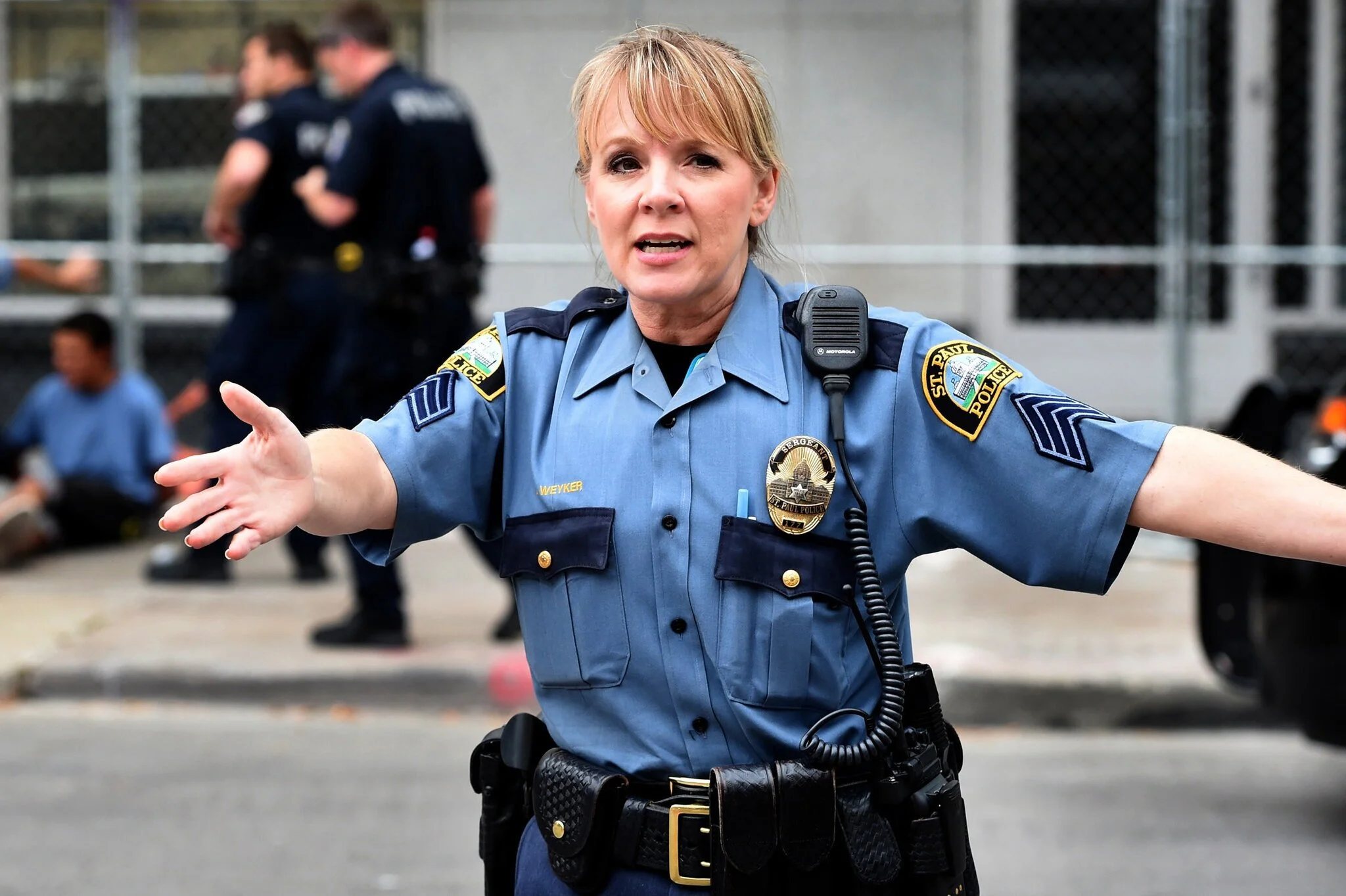A pair of articles in USA Today (paywall) and the New York Times raises the question: do police officers face any real consequences for making false statements to cover up criminal abuse?
Read MoreRecommended reading from The American Lawyer: 'It Could Have Been Me': Black Lawyers Reflect on George Floyd's Death and What Comes Next"
Read MoreRecommended reading on how COVID-19 is impacting incarcerated populations and what must be done to avoid catastrophe: "Let the People Go" by Joseph Margulies in the Boston Review.
Read MoreA post by Paul Butler at Crime Story Daily proposes a new theory about the uproar over actor Jussie Smollett's disputed claim of being the victim of a hate crime: the real target is a progressive prosecutor.
Read MoreFlorida may soon execute a man convicted of murder largely on the testimony of another man with whom he shared a jail cell. The problem? The informant, an ex-cop, has a decades-long long record of fraud and deception. A joint report by ProPublica and the New York Times Magazine says Paul Skalnik may be one of the most prolific jailhouse snitches in the country. But the use of such informants to bolster flimsy cases is widespread.
Read MoreDid you know that police officers in eight states also double as prosecutors? Dave recommends The Appeal's October 10 report by Julia Rock and Harry August.
Read MoreAs reported by George Joseph and Debbie Nathan in The Intercept and The Appeal, inmates at many U.S. prisons are coerced to submit digital voice print samples before being allowed to use the telephone.
Read MoreCriminal Injustice season 1 guest Sam Walker argues in the Illinois Law Review that criminal justice reform is still possible.
Read MoreRoutine traffic stops are the most common interaction between police and citizens. A new book presents the most unambiguous evidence yet that race is a critical factor in who gets pulled over and why.
Read More








